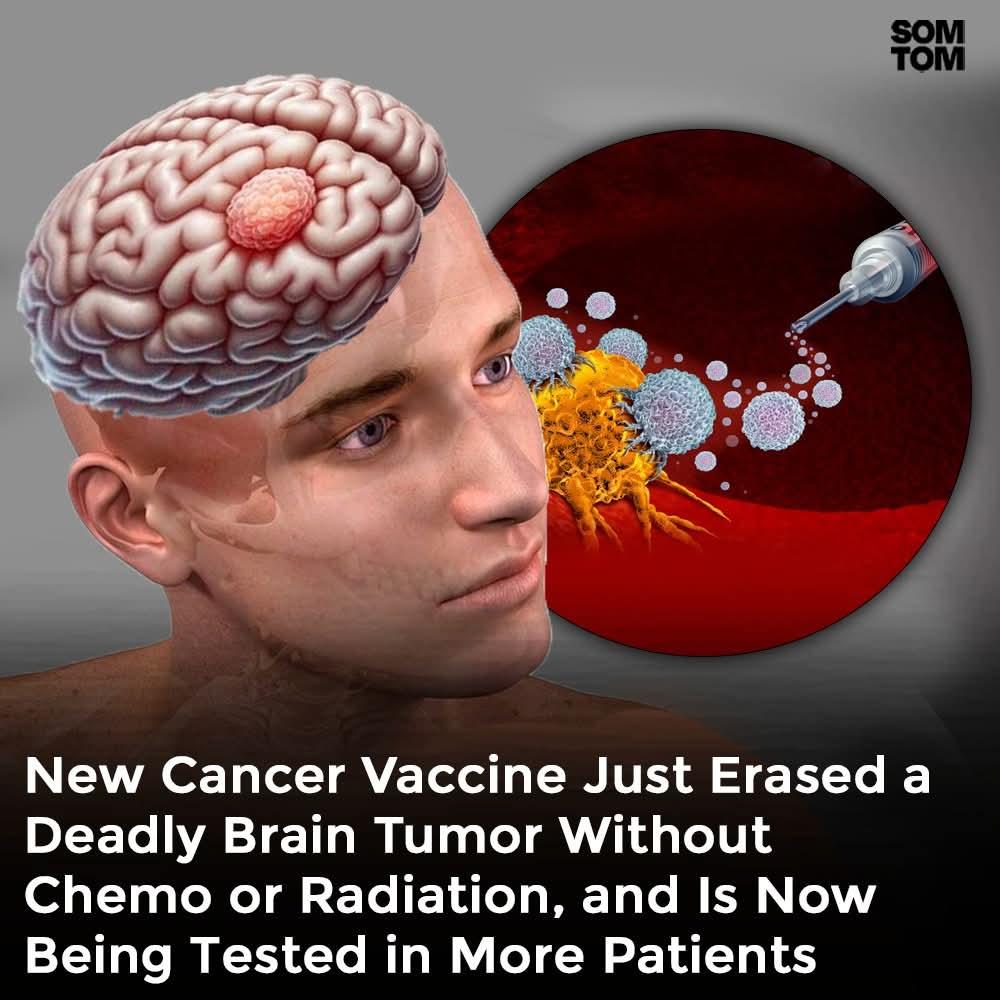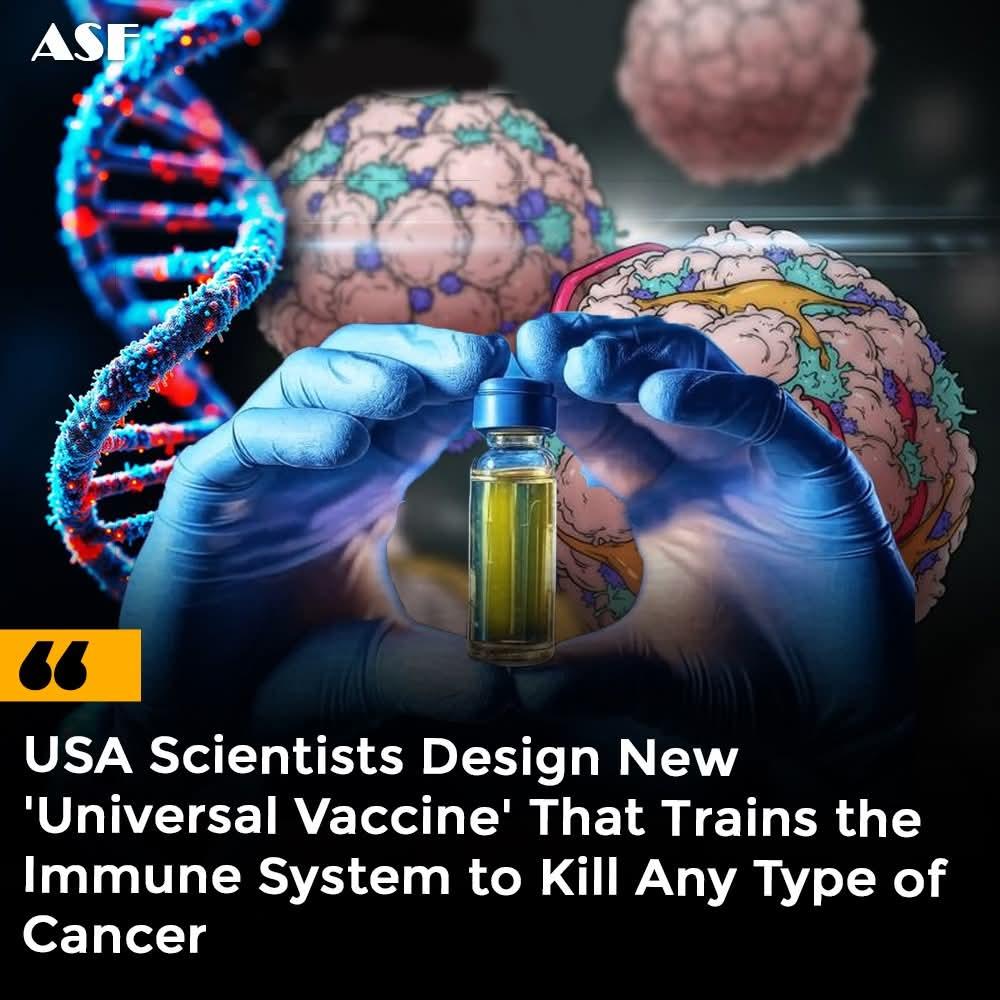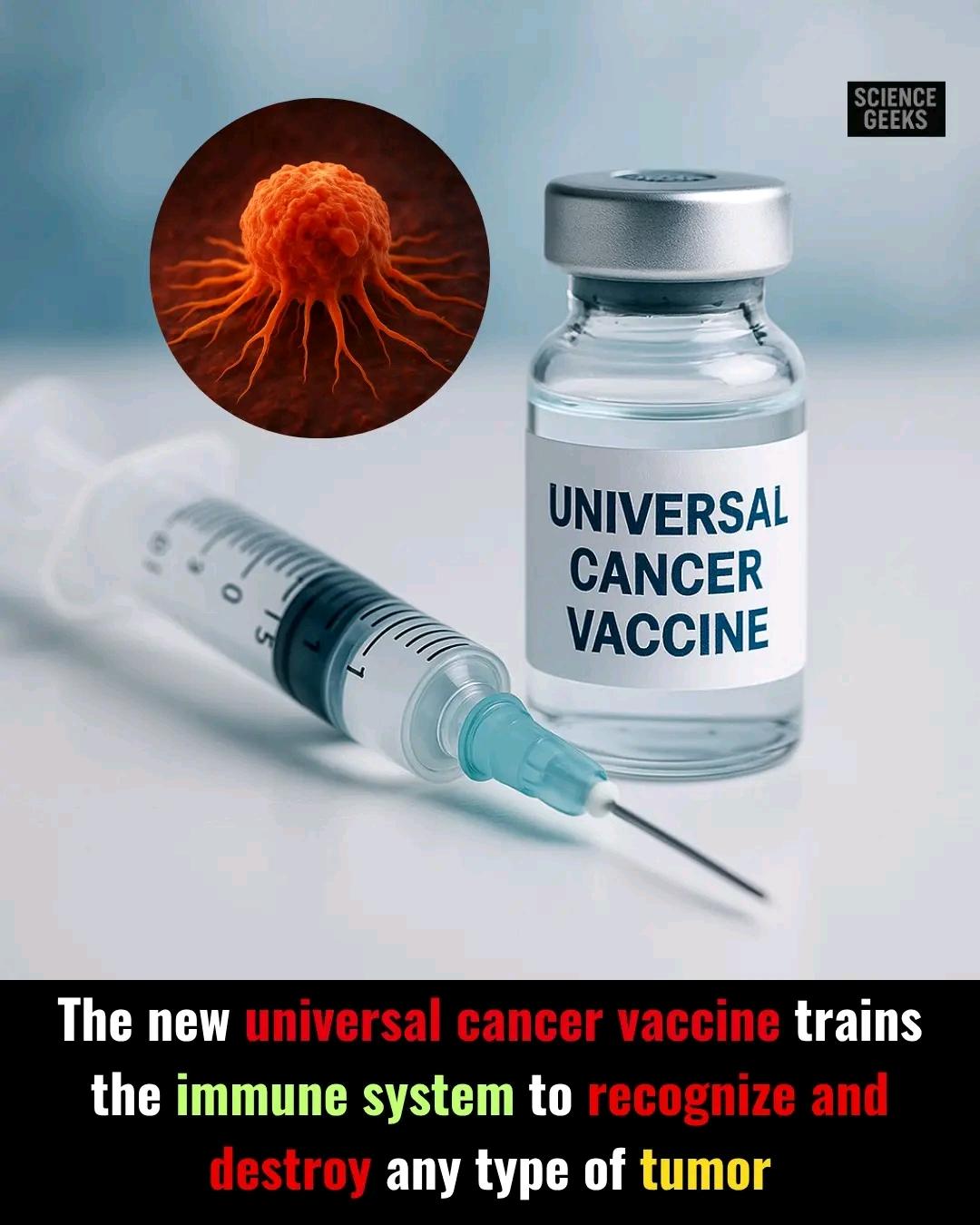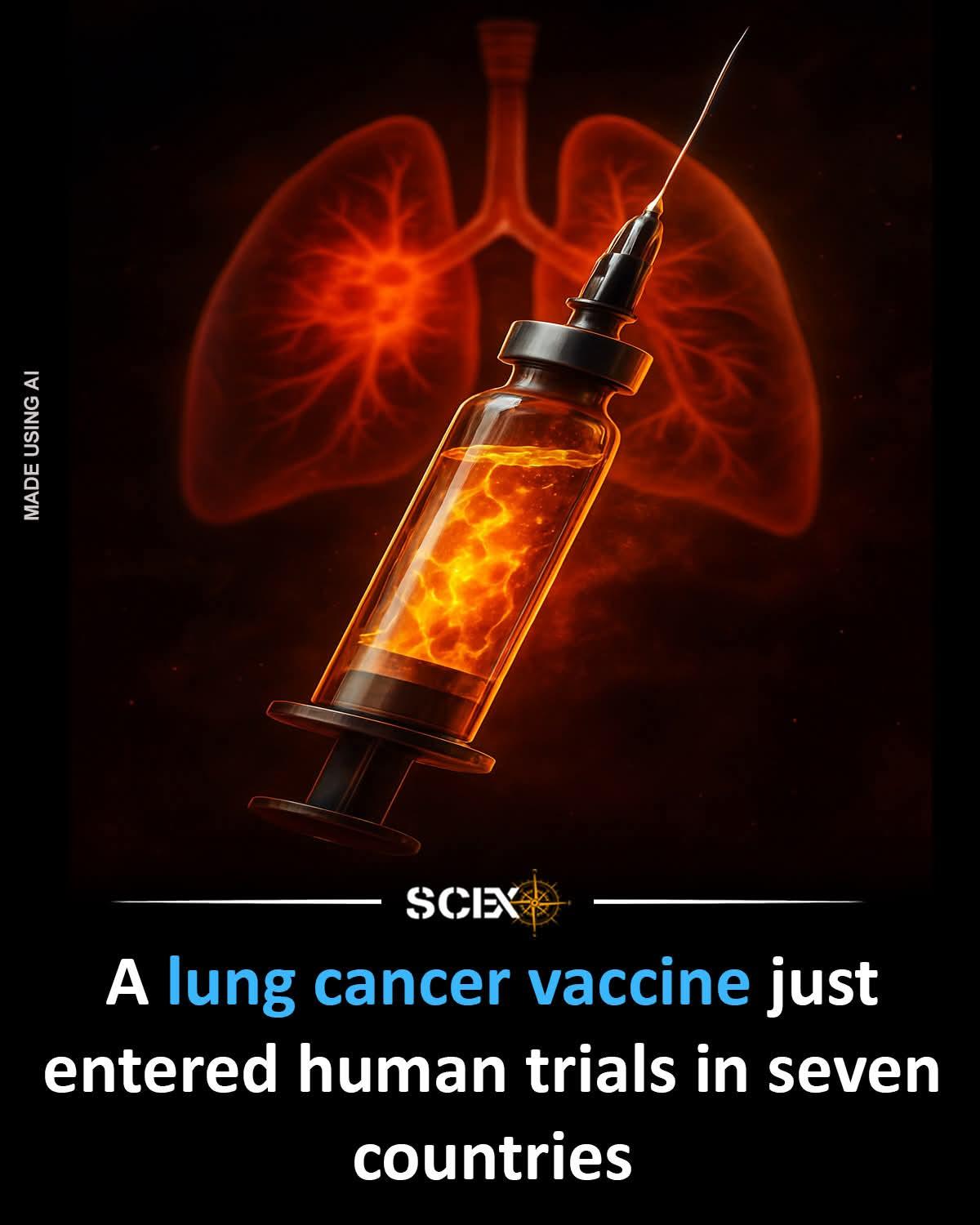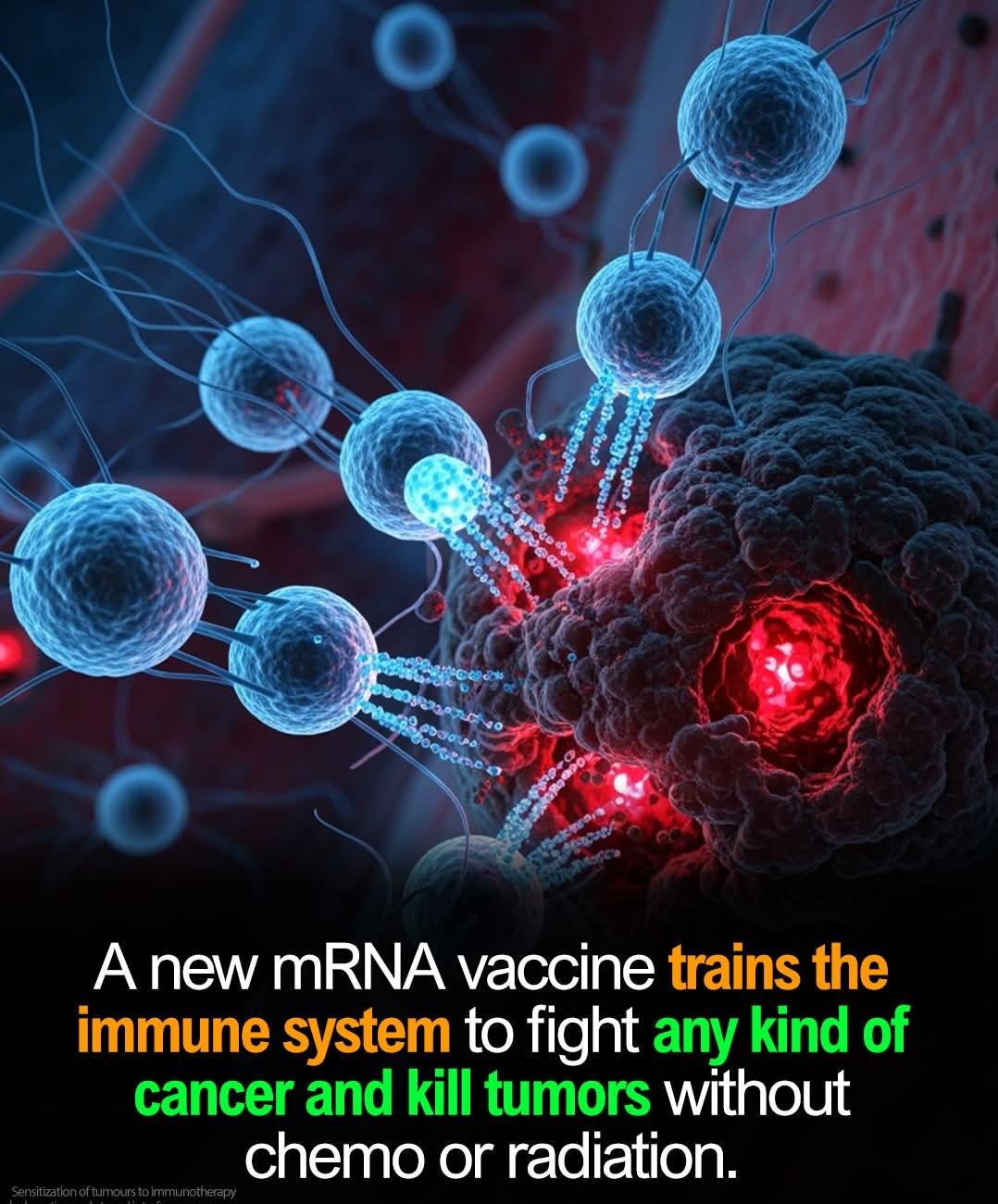What I Wish Everyone Knew About Cancer "Curing cancer," explained.
Subscribe for optimistic science and tech stories!
We’re not looking for a “cure for cancer” anymore. Cancer is hundreds of diseases, so we’re really in a multi front fight against all of them. Cancer is a problem for us today in a way it wasn’t for previous generations. But, luckily, we also have more and more ways to fight back.
I started this episode with endless questions: What is cancer? What causes it? How do we treat cancer? What are the symptoms? Why are some cancers easier to treat than others? Why is cancer so hard to cure? Why do so many people die of cancer?
What I found is an incredible, complex, inspiring effort to treat and stop an insidious killer. In this video, we dive deep into how we treat cancer today. But I also found that we may not be helping the greatest number of people we can.
In this episode of Huge If True, I want to make the case that while we have made enormous strides in the fight against cancer we have also largely ignored one of the single best ways to save the most lives.
If you’d like to support Huge If True, the best thing you can do is subscribe:
https://www.youtube.com/cleoabram?sub...
Chapters:
00:00 Why do so many people get cancer?
02:06 What is cancer?
03:02 How do we treat cancer?
03:44 What is chemotherapy?
04:42 What is immunotherapy?
06:27 How do we save more lives?
07:47 Does early detection save lives?
09:23 How do we detect cancer?
10:45 What are the downsides of cancer tests?
11:38 Why early cancer detection matter?
12:42 Can we cure cancer?
What I Wish Everyone Knew About Cancer "Curing cancer," explained.
Subscribe for optimistic science and tech stories!
We’re not looking for a “cure for cancer” anymore. Cancer is hundreds of diseases, so we’re really in a multi front fight against all of them. Cancer is a problem for us today in a way it wasn’t for previous generations. But, luckily, we also have more and more ways to fight back.
I started this episode with endless questions: What is cancer? What causes it? How do we treat cancer? What are the symptoms? Why are some cancers easier to treat than others? Why is cancer so hard to cure? Why do so many people die of cancer?
What I found is an incredible, complex, inspiring effort to treat and stop an insidious killer. In this video, we dive deep into how we treat cancer today. But I also found that we may not be helping the greatest number of people we can.
In this episode of Huge If True, I want to make the case that while we have made enormous strides in the fight against cancer we have also largely ignored one of the single best ways to save the most lives.
If you’d like to support Huge If True, the best thing you can do is subscribe: https://www.youtube.com/cleoabram?sub...
Chapters:
00:00 Why do so many people get cancer?
02:06 What is cancer?
03:02 How do we treat cancer?
03:44 What is chemotherapy?
04:42 What is immunotherapy?
06:27 How do we save more lives?
07:47 Does early detection save lives?
09:23 How do we detect cancer?
10:45 What are the downsides of cancer tests?
11:38 Why early cancer detection matter?
12:42 Can we cure cancer?



